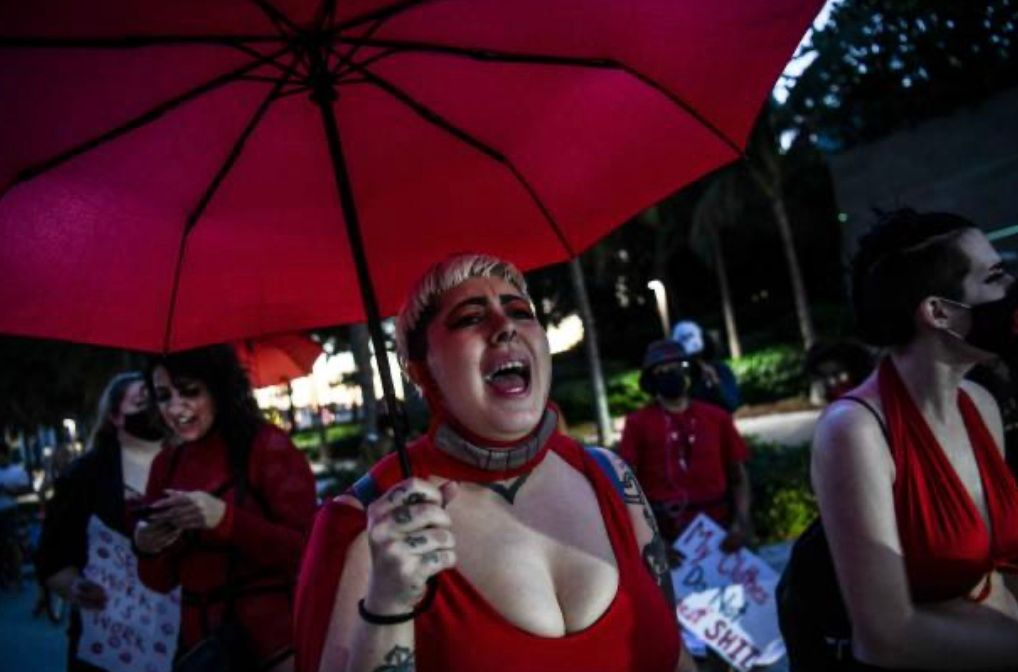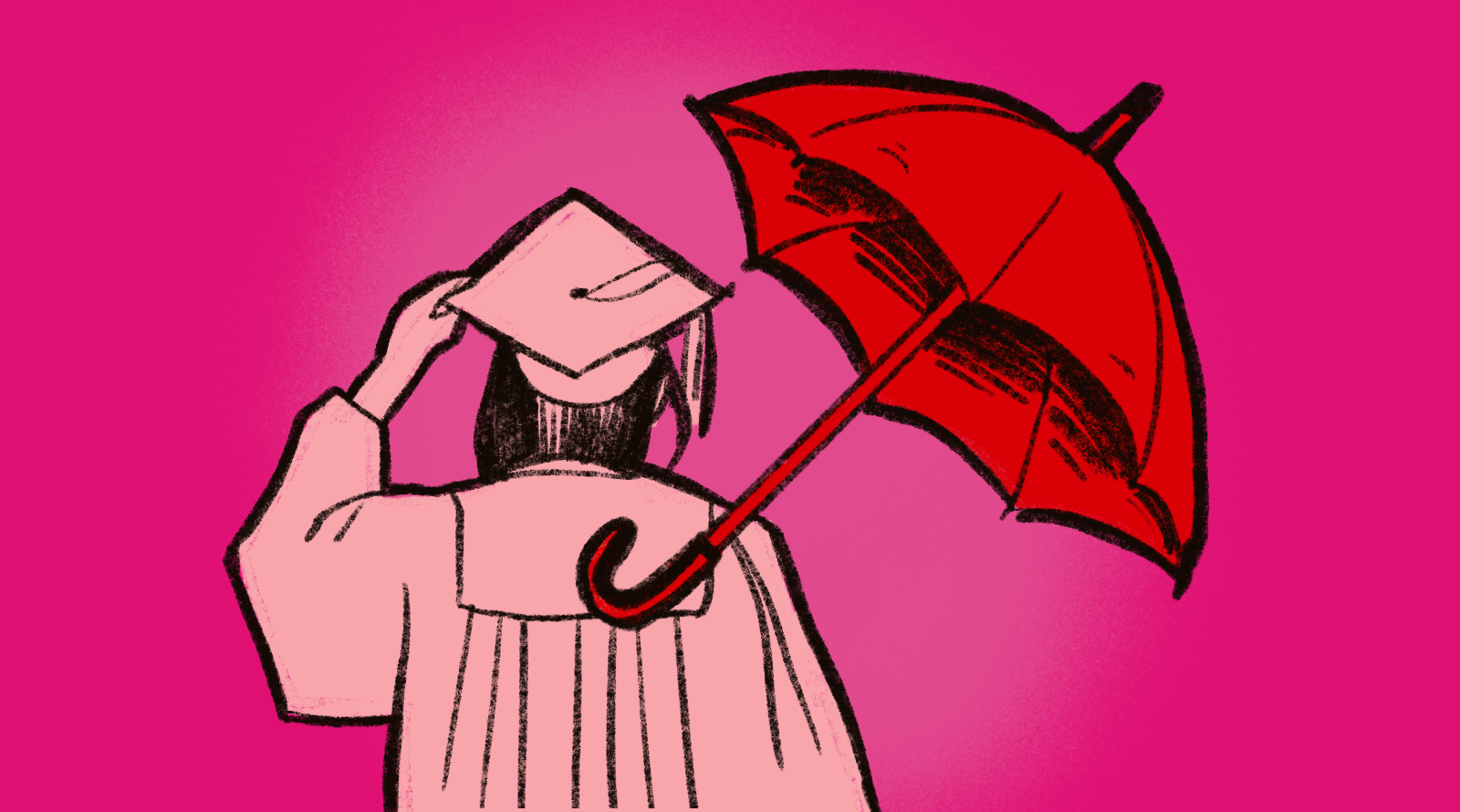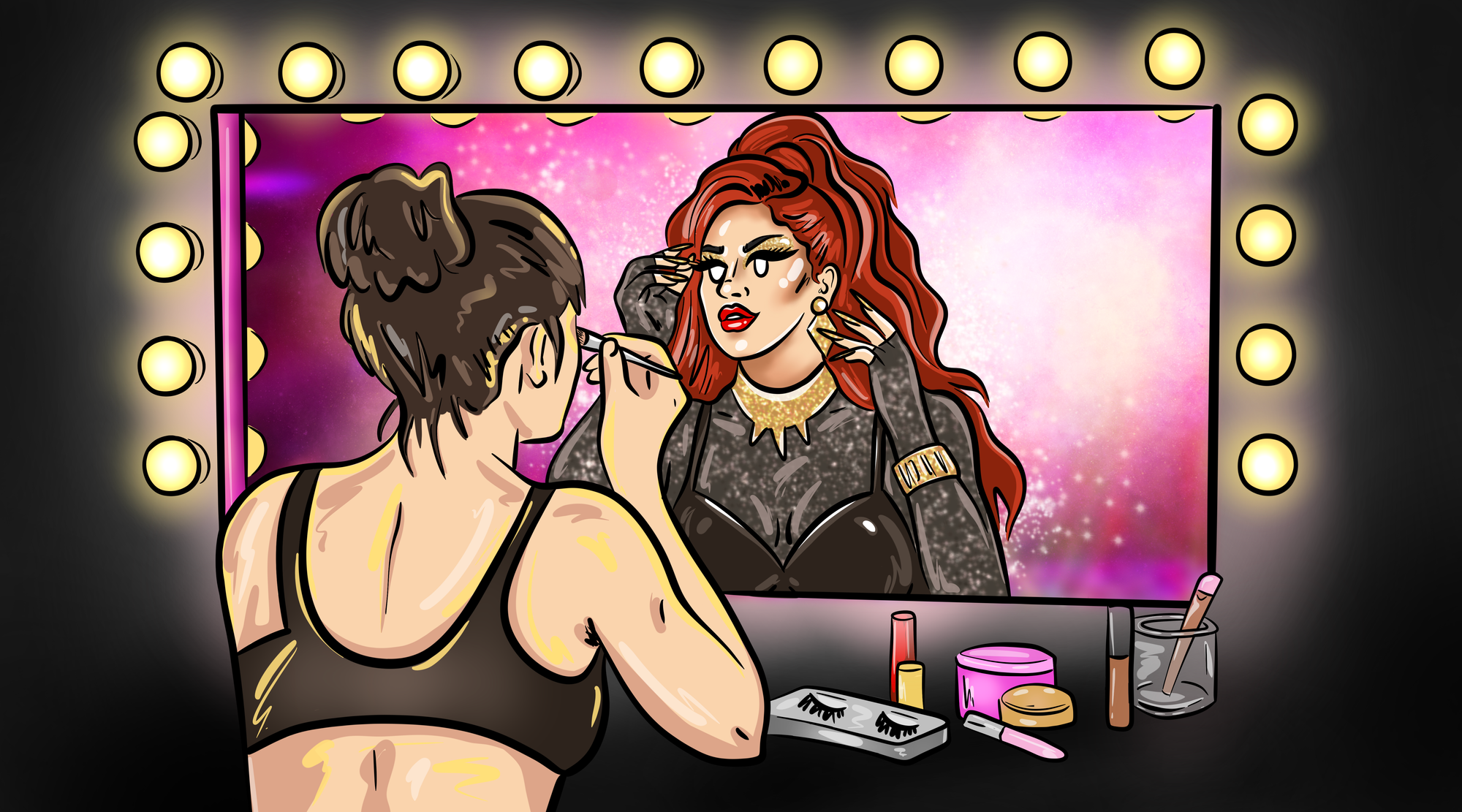Editors note: mention of suicide, rape.
I’ve seen several posts lately from well-known sex workers calling out how cringe it is to say “SW” when you’re not online. And honestly, I’m part of the problem. I think a lot of us are. Censorship is at an all-time high, and I’ve gotten so used to self-censoring that “SW” has become second nature—even when I’m not worried about being flagged.
Never in my life did I think I’d be saying things like “unalive” instead of suicide or killed, but here we are. The fact that we’ve been pushed to censor real, necessary language to this extent is deeply worrying. It’s making open, candid conversations nearly impossible, and it messes with our ability to retain and communicate meaning.
Like, are you talking about Star Wars or Sex Work? Because that makes a huge difference. Being unable to use actual words is not keeping anyone safer; it’s silencing us.
And why the hell are we saying “grape” instead of rape? This kind of censorship doesn’t protect people–it trivializes trauma and minimizes how serious these subjects are. If we can’t even name what we’re talking about, how can we begin to educate, organize, or advocate effectively?
Based on the way federal, state, and local governments are moving, particularly in the US, it’s clear that censorship is deeply interconnected with the far right’s agenda. They love to call themselves the party of small government and free speech, but their actions prove otherwise.
This kind of censorship doesn’t protect people–it trivializes trauma and minimizes how serious these subjects are.
Take Florida, for example. The censorship sweeping the state is no accident—it’s deliberate. Governor DeSantis has personally appointed people to school boards and local governments to tighten his grip on control. Just look at HB 3, a bill that passed last year to limit social media access for minors and require ID verification to access adult websites. In response, Pornhub has completely pulled out of Florida to avoid these invasive censorship laws.
But is this stopping minors from accessing adult content? No, it’s not. Instead, it’s pushing them to less safe, unregulated sites. And this is just the beginning. Project 2025, a far-right initiative, aims to ban porn entirely—and they’re already laying the groundwork to make that happen.
Meanwhile, school districts across Florida and other states are banning any discussions or representations of LGBTQ+ people and history. They’re also banning Black Lives Matter flags and critical race theory. So, what happens when educators and advocates go online to teach about the things the government has outlawed in schools? They face another wall of censorship: “community guidelines” that restrict how we educate, what we share, and even the words we’re allowed to use. And yet, far-right rhetoric, transphobia, and racism run rampant on these same platforms, unchecked and unregulated. It’s not just educators being silenced. Fat people, disabled folks, sex workers, trans folks, entire communities are being censored or deplatformed for simply existing. This constant morphing of language, forced by oppressive systems, has created a breeding ground for bigotry to thrive.
I’ve watched my own posts get flagged or taken down for using the words sex work—or even just for existing in my body. Meanwhile, the comments calling me slurs, dehumanizing me, or telling me I deserve harm? Those stay up. That’s what safety looks like on these platforms, apparently. As a larger-bodied person, my body is constantly policed, criticized, and sexualized without my consent—online and off. I remember in 2020, I posted a photo showing off a makeup look I was proud of. It wasn’t sexual in nature—I wasn’t promoting my work—I was just excited because I had tried something new, and it took me two hours to finish. But because I have big boobs and there was a little bit of cleavage visible, a woman came into my comments to harass and berate me, both for my appearance and for being a spicy worker. I reported it. I messaged the moderators. Nothing happened. She got to keep attacking me, and I was the one punished just for showing up in my own skin.
I’ve watched my own posts get flagged or taken down for using the words sex work—or even just for existing in my body.
This is what’s normalized when you’re a larger-bodied sex worker on the internet. Fat people, trans folks, BIPOC folks—anyone who doesn’t fit the narrow standard of blonde hair, blue eyes, and ivory skin—is treated as disposable. We’re harassed, policed, and dehumanized for simply existing. And platforms don’t just allow it—they enforce it through their silence.
One time on TikTok, I said the word whore out loud and the platform silenced my audio. Not the whole video. Just that word. You could still hear everything else, including my carefully censored substitutions: “Porn” became “Corn,” “sex work” became “SW.” But I made a choice to say whore deliberately, and TikTok erased that word from the audio track.
I didn’t even know the platform was capable of censoring specific audio like that. It was surreal–like something out of skynet. And it made the message crystal clear: if you name your experience—if you refuse to self-censor—you will be punished for it. The machine decided which words were too dangerous to say, and erased them in real-time. All I did was speak a truth about my identity, my labor, my community, and the algorithm muted me.
It’s dystopian as hell. And worse, it’s not even subtle anymore.
We can’t say the words on these platforms without risking being deplatformed entirely. That’s the trap. And while pushing back online matters, the real fight is happening offline—in policy, in legislation, in rooms where decisions are being made about what we’re allowed to say, do, and be. We have to push back against harmful bills that aim to chip away at free speech under the guise of “protecting children”. We have to call the legislators. Send the letters. Show up to the town halls. Meet with our representatives. These politicians are counting on us being too overwhelmed or too shut out to pay attention. They’re used to sneaking in language, sliding in amendments, hoping we’re not looking.
But we have to look. And we have to act.
It’s not just about showing up during the legislative session—it’s about staying involved year-round. Build relationships. Build rapport. Find the few politicians willing to listen and turn them into allies. Push for constituents to consult on bills before they’re introduced, not after the damage is already done.
I’ve spent time lobbying in my home state of Florida, up in Tallahassee—and I won’t lie to you, it’s not easy work. It’s slow. It’s frustrating. But it’s possible. It’s necessary. And it works. They might not want to hear from us, but they need to know we’re watching. That we’re not just going to roll over. We knock on their doors, we sit in their offices, and we remind them: we are here. We are paying attention. And we will be heard.
We will not let bigotry win.
Are you a sex worker with a story, opinion, news, or tips to share? We'd love to hear from you!
We started the tryst.link sex worker blog to help amplify those who aren't handed the mic and bring attention to the issues ya'll care about the most. Got a tale to tell? 👇☂️✨





